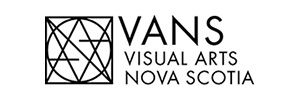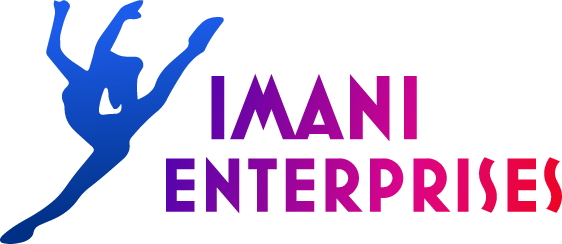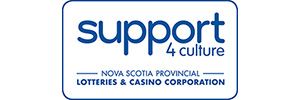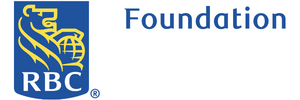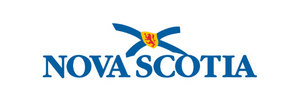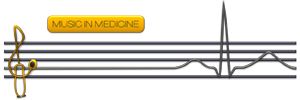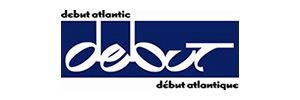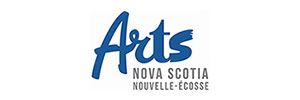
Thank you for giving me this opportunity. Music is my life and this will help me get to the next level.”
- Kye Clayton, Rap & Music Production

“Thank you for your continued scholarship support in recognition of my achievements in piano performance. I am deeply grateful and honoured for the generous support of the Nova Scotia Talent Trust.”
- Devin Huang, Piano

“My dream is to be an exhibiting artist and your generous gift will enable me to focus on building a strong body of works that can support and promote my career as I come out of college. Thank you again for your generous support.”
- Naomi Zamir, Metalsmithing & Jewellery

“Thank you to the funders, jury, and board members of the Nova Scotia Talent Trust for granting me this funding. I am so grateful for the support and look forward to beginning my Master of Fine Arts at NSCAD!”
- Devon Pennick-Reilly, Screenwriting

Thank you for your generous scholarship and your continued support of my studies. The financial assistance will allow me to focus my time exploring, creating, and growing. It is a great weight off not only my shoulders but my family's as well. We all thank you.”
- Andi Syme, Drawing & Painting
Guide to Writing Your Artistic Resume
An artistic resume highlights your creative achievements and professional experiences in your chosen discipline. It differs from a traditional resume by focusing on artistic education, exhibitions, performances, collaborations, and other relevant artistic endeavors. For emerging artists, the emphasis is on potential, dedication, and the breadth of your experiences rather than an extensive career history.
Download the Artistic Resume Guide and Template
Key Components of an Artistic Resume:
1. Contact Information
2. Artistic Statement or Objective
3. Education
4. Artistic Experience
5. Skills and Techniques
6. Awards and Honors
7. Professional Affiliations
8. Volunteer Work or Community Engagement
Tips for Emerging Artists:
1. Be Selective: Focus on quality over quantity. Include only the most impactful and relevant experiences.
2. Organize Clearly: Use headers and bullet points for easy readability.
3. Tailor It: Adjust your resume to emphasize experiences that align with the scholarship’s goals.
4. Keep It Short: Aim for 1-2 pages, depending on your experience.
5. Proofread: Ensure there are no spelling or grammar errors.
6. Use Professional Formatting: Choose clean fonts (e.g., Arial, Times New Roman) and consistent formatting.

Thank you for giving me this opportunity. Music is my life and this will help me get to the next level.”
- Kye Clayton, Rap & Music Production

“Thank you for your continued scholarship support in recognition of my achievements in piano performance. I am deeply grateful and honoured for the generous support of the Nova Scotia Talent Trust.”
- Devin Huang, Piano

“My dream is to be an exhibiting artist and your generous gift will enable me to focus on building a strong body of works that can support and promote my career as I come out of college. Thank you again for your generous support.”
- Naomi Zamir, Metalsmithing & Jewellery

“Thank you to the funders, jury, and board members of the Nova Scotia Talent Trust for granting me this funding. I am so grateful for the support and look forward to beginning my Master of Fine Arts at NSCAD!”
- Devon Pennick-Reilly, Screenwriting

Thank you for your generous scholarship and your continued support of my studies. The financial assistance will allow me to focus my time exploring, creating, and growing. It is a great weight off not only my shoulders but my family's as well. We all thank you.”
- Andi Syme, Drawing & Painting
